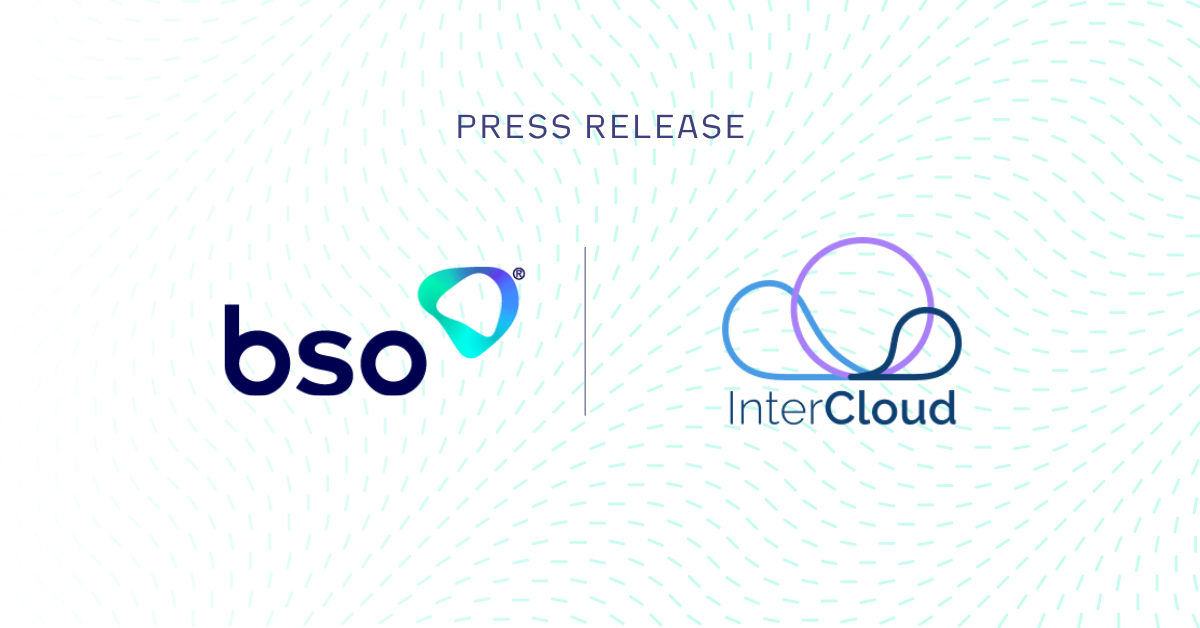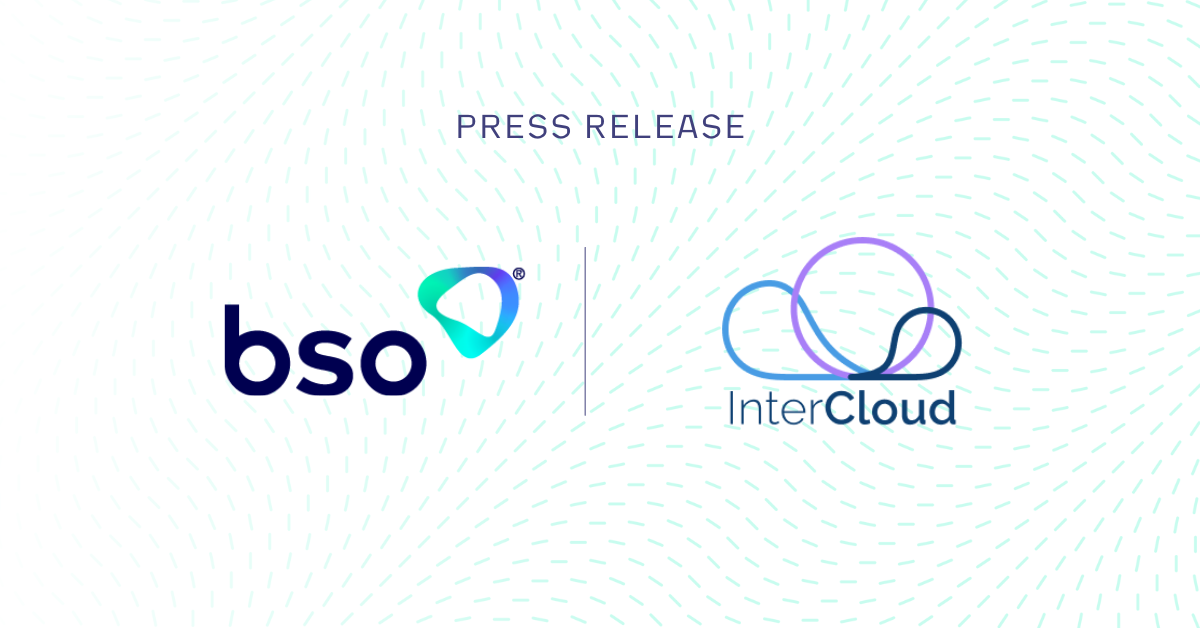
We’re all living and working in an increasingly globalised marketplace.
Physical distance is no longer the barrier it once was, but communication is still key – especially when teams are located in different pockets of the world. 
Research suggests that office workers join an average of three meetings every day, accounting for around one-third of their total time at work. With the rise of flexible and agile working, many of these meetings now take place outside the traditional board or meeting room.
This hyperconnected culture means more and more calls are taking place remotely and international companies increasingly require stable, reliable and effective universal conferencing solutions.
Simultaneously, we witness new technological advances and digital innovations emerge daily – so expectations related to service provision and communications evolve accordingly.
Consequently, it should come as no surprise that business users expect crystal clear and uninterrupted calls within this context, and fast and reliable has never been in greater demand.
The growing popularity of conferencing platforms
In today’s business environment, companies, departments, teams and individuals are able to work and collaborate across vast distances. The ability to keep in touch has never been more important – whether this is via scheduled meetings, sudden calls, or emergency status reports. Video and audio conferencing allow vital remote workers to stay connected and cut down on travel costs.
Communication has never been more important and it empowers businesses to thrive in the modern era
The latest tech combined with industry-leading conferencing solutions can increase productivity by minimizing the dead travelling time involved in organizing face-to-face meetings, especially when they involve international teams.
These might involve dedicated conferencing facilities, but today’s handheld devices and smartphones possess tremendous processing power and high-quality audio and visual capabilities. As such, they can facilitate mobile, flexible working patterns – which many companies are starting to realize can increase morale and productivity.
Issues for users
Conference calls are often the next best thing to a face-to-face meeting. In fact, in some ways, they are superior, as outlined above. However, users must be confident that the technology can deliver what they need it to do.
A remote meeting that is dogged by issues such as poor audio quality, connectivity issues, crashes and glitches is hardly likely to be productive or to foster confidence in the business if it is communicating with clients or other third parties.
As the need for increased communication grows, so does the demand for global connectivity and bandwidth. Many companies are exploring new territories, such as developing markets in the BRIC grouping (Brazil, Russia, India and China), and other countries in Asia and beyond.
These regions pose unique challenges for globalising businesses. Enterprises may have to negotiate complex local regulations and legislation, or adapt to unforeseen developments in international diplomatic relations.
In more practical terms, the infrastructure and internet or phone provision might look very different in these new locales when compared to the city where your head office resides.
Users must be confident that the technology can deliver what they need it to do
To ensure that these expansions unfold smoothly, with minimal disruption and maximum effectiveness, they also need to be supported with low-latency global conferencing and robust communication solutions.
While bandwidth is important with regards to the volume of traffic you can handle, low latency is vital in ensuring the packets get from Point A to Point B at the fastest possible speed, reducing any lag or delays. This is especially important if you are communicating internationally across long distances.
But how can conference call providers ensure that their clients do not suffer downtime?
In short, by prioritizing increased reliability and diversity – and choosing a partner with the cutting-edge technology behind them which enables businesses to stride to the forefront of their sector.
Users and clients need to know that the software and infrastructure will be up and running when they need it to be, allowing them to schedule conference calls in confidence and to get hold of the people they need to speak to when they need to speak to them.
The bottom line
An effective and reliable connection is imperative for both competitive conferencing solutions and a smooth end user experience. It allows businesses to continue to expand in the knowledge that they are always able to communicate globally with both colleagues and clients.
Communication has never been more important and it empowers businesses to thrive in the modern era.
Find out how LoopUp, premium remote meeting solution, improved their connectivity with our network.
ABOUT BSO
The company was founded in 2004 and serves the world’s largest financial institutions. BSO is a global pioneering infrastructure and connectivity provider, helping over 600 data-intensive businesses across diverse markets, including financial services, technology, energy, e-commerce, media and others. BSO owns and provides mission-critical infrastructure, including network connectivity, cloud solutions, managed services and hosting, that are specific and dedicated to each customer served.
The company’s network comprises 240+ PoPs across 33 markets, 50+ cloud on-ramps, is integrated with all major public cloud providers and connects to 75+ on-net internet exchanges and 30+ stock exchanges. The team of experts works closely with customers in order to create solutions that meet the detailed and specific needs of their business, providing the latency, resilience and security they need regardless of location.
BSO is headquartered in Ireland, and has 11 offices across the globe, including London, New York, Paris, Dubai, Hong Kong and Singapore. Access our website and find out more information: www.bso.co
SALES ENQUIRY
Get in touch now. Find out how we can transform your business_
You might be interested in_
THE BSO DIFFERENCE
The industries we work across_





/Revolutionising-Connectivity%20BSOs-Tailored-Cloud-Solution-for-CryptoStruct-GmbH.png?width=1050&height=550&name=Revolutionising-Connectivity%20BSOs-Tailored-Cloud-Solution-for-CryptoStruct-GmbH.png)
/6%20Cloud%20Best%20Practices%20for%20Financial%20Technology%20Companies.jpg?width=1200&height=600&name=6%20Cloud%20Best%20Practices%20for%20Financial%20Technology%20Companies.jpg)








